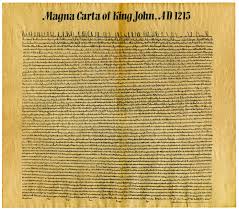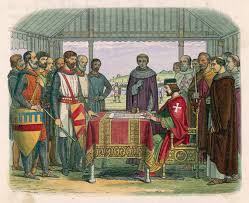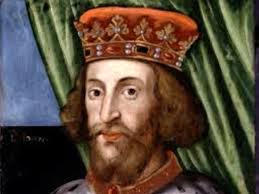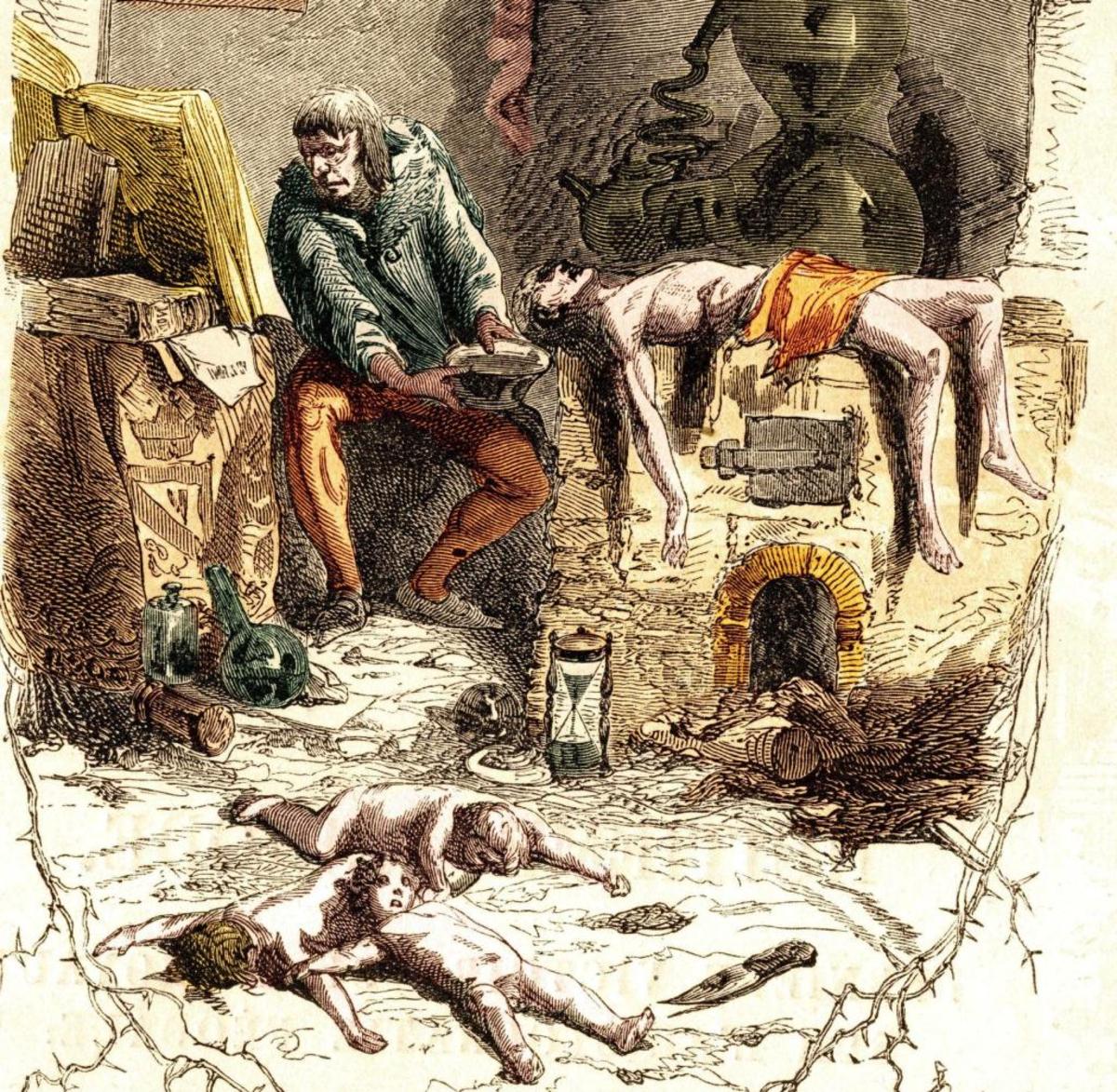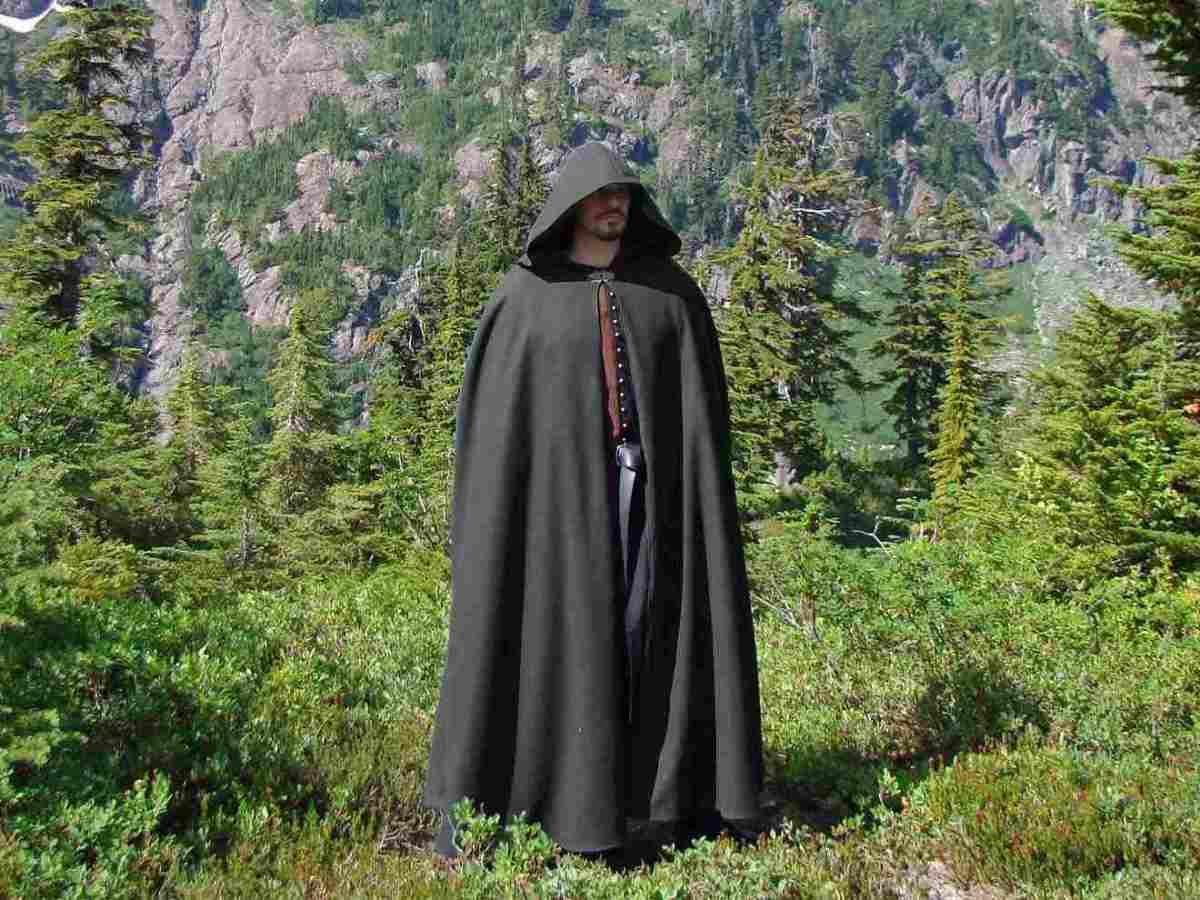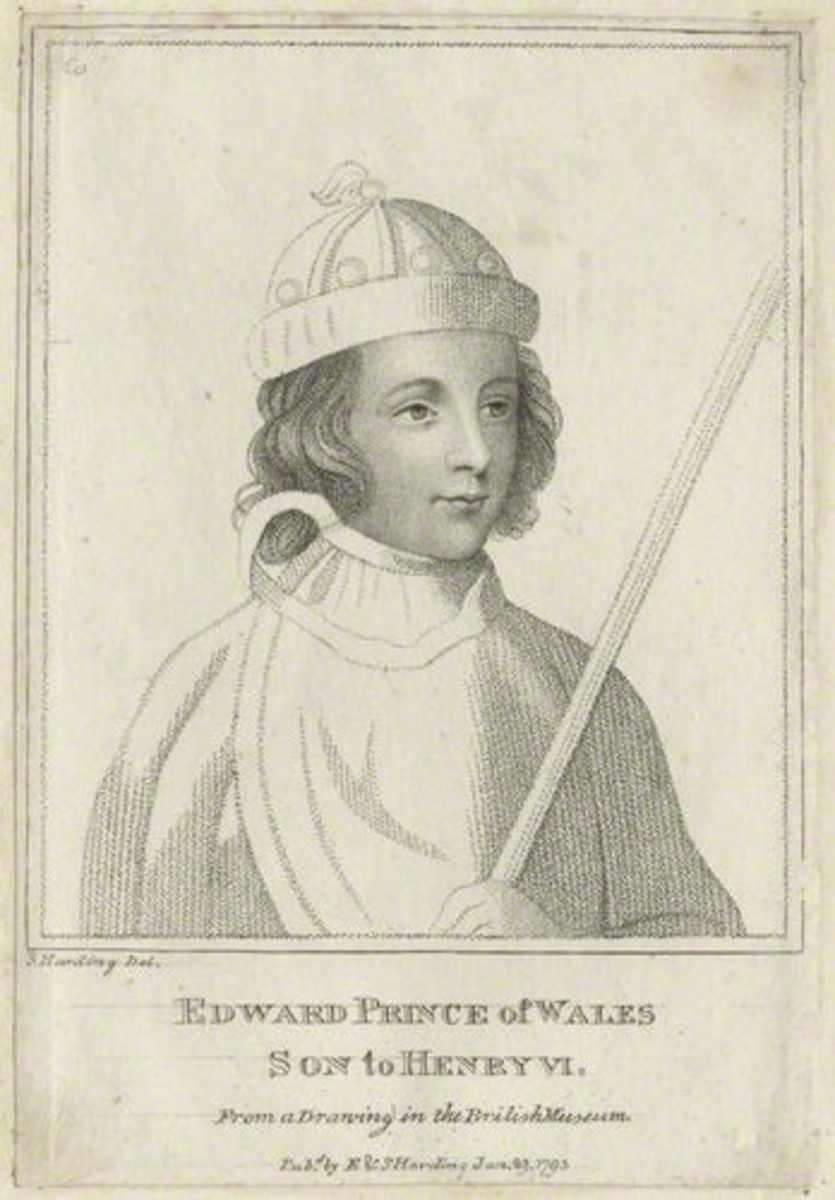The Magna Carta Comes of Age
Signed in good faith then its content disputed ever after.
Click thumbnail to view full-size


Much abused yet much beloved, the Great Charter
We don't often celebrate anniversaries of an event 800 years old. The outstanding exception is the subject of this article, the Magna Carta.
Magna Carta, Latin for Great Charter, was authorized by King John and a group of the notables of the day, including the barons, tired of the king and poised for war, as well as church leaders prepared to argue for their own interests.
The setting was Runnymede Meadow near Windsor Castle, London, the date June 15, 1215.
At the time, 250 copies were made of which 17 survive to the present day.
To commemorate the event, the British Library, which holds two copies, offered a public ballot open to 40,000 interested parties of whom 1125 were selected to view 4 of the copies; the other two provided by the Cathedrals of Salisbury and Lincoln.
They will be on display for the lucky winners for three days, after which they will spend one day at the House of Lords, where the grandees elected there will be able to view them at their leisure, or so we imagine. This august institution has been taking a drubbing over the last several years by the Commons and the public who would like to see big changes made, if not outright dismemberment! TV has done the Lords no favors, showing the elderly inmates snoozing, snoring, dribbling, farting, or telling jokes to one another (etc). Watching the Lords debate is like watching the paint dry, with the added annoyance that the senile members, mostly wealthy, get paid to just turn up! It hasn't helped that many members have been able to buy admission with cash or favors.
Not to digress. The priceless documents, little seen or read by many over the ages, couched as they are in "auld English," incomprehensible to any but students of the idiom, will then make their way back to the Library and the Cathedrals under armed guard....no one wants to see a copy on Ebay!
They are accompanied in the British Library by an introduction and a translation into modern day English (available online).
John, who it is assumed, "signed" the documents with his Royal Seal, (an animal evidently well trained for such events). He was under considerable duress as he saw the rights of kingship seriously curtailed under the clauses found within the Charter: Magna Carter is seen as the first concord leading to Parliamentary Democracy. It agrees that "No one should be above the law, including the king." (Time for a big Ha, Ha! readers).
As well as the basic rights of people in law, and no incarceration without peer judgement (Judge and Jury), the dictates of only two of the three clauses are still in effect.
The most famous clause - the 39th.- which has affected jurisprudence to this day, reads
"No free man shall be seized or imprisoned, or stripped of his rights or possessions, or outlawed or exiled, or deprived of his standing in any other way, nor will we proceed with force against him, or send others to do so, except by the lawful judgement of his equals or by the law of the land.
To no one will we sell, to no one deny or delay right or justice."
The other two are to do with -
2) The continuing liberty of the English Church
3) The Privileges of the City of London. (A clause apparently elevating bankers to royal status when considering their behavior over the last several years).
The charter is the foundation which has inspired the US Constitution and the Universal Declaration of Human Rights.
The US Bill of Rights echoes the content of some of the clauses.
Poor old embittered King John could have had no idea of the enduring legacy of this document 800 years later. If he had not signed, it would almost certainly meant civil war and further alienation of the church. That hundreds of countries expressed interest in the celebration attests to the interest and symbolic power of Magna Carta.
In studying the history of the "Great Charter," one might be excused for perceiving it as having been "Writ in Water," rather than in stone.
The document was first drafted by the then Archbishop of Canterbury who saw that the 25 barons involved in a dispute regarding non-payment of taxes to the king (ain't it always sex or money?) were ready to take up arms against the unpopular John.
Like the treaties in the US with the Indian tribes, the Charter's dictates were soon bent or broken.
One third of its dictates were removed or revised in the first ten years and all of its 63 clauses have been repealed over the Millennia.
It was annulled by Pope Innocente 111 soon after its inception leading to the First Baron's War. John's son, King Henry 111, reissued the document in 1216, and again in 1225.
Henry's son, King Edward put his stamp of approval on affairs in 1297 when Magna Carta was confirmed into English Statute Law.
Succeeding monarchs since this date have also ratified the charter, a sort of Constitution without teeth (England has never had a Constitution as such).
The document itself is a beautiful example of copperplate handwriting of the age copied onto a huge parchment sheet and the drama of the signing has inspired many artists and poets.
It did give succeeding populations the ability to oppose some of the draconian "divine rights" of king and church, yet both institutions still have Britain in thrall to a great extent. Which could not happen without the tacit approval of the "Ragged Trousered Philanthropists" who mindlessly wail "God Save the Queen," and send bootless cries to the Heavens in song..
The embattled and hated King John died a short year after the notable signing. His illness was dysentry, causing some wag (me) to observe "The whole affair must have given him the s---s." Putting that in full would have had the guardians of our morals, Google, to cancel ads on the piece!

